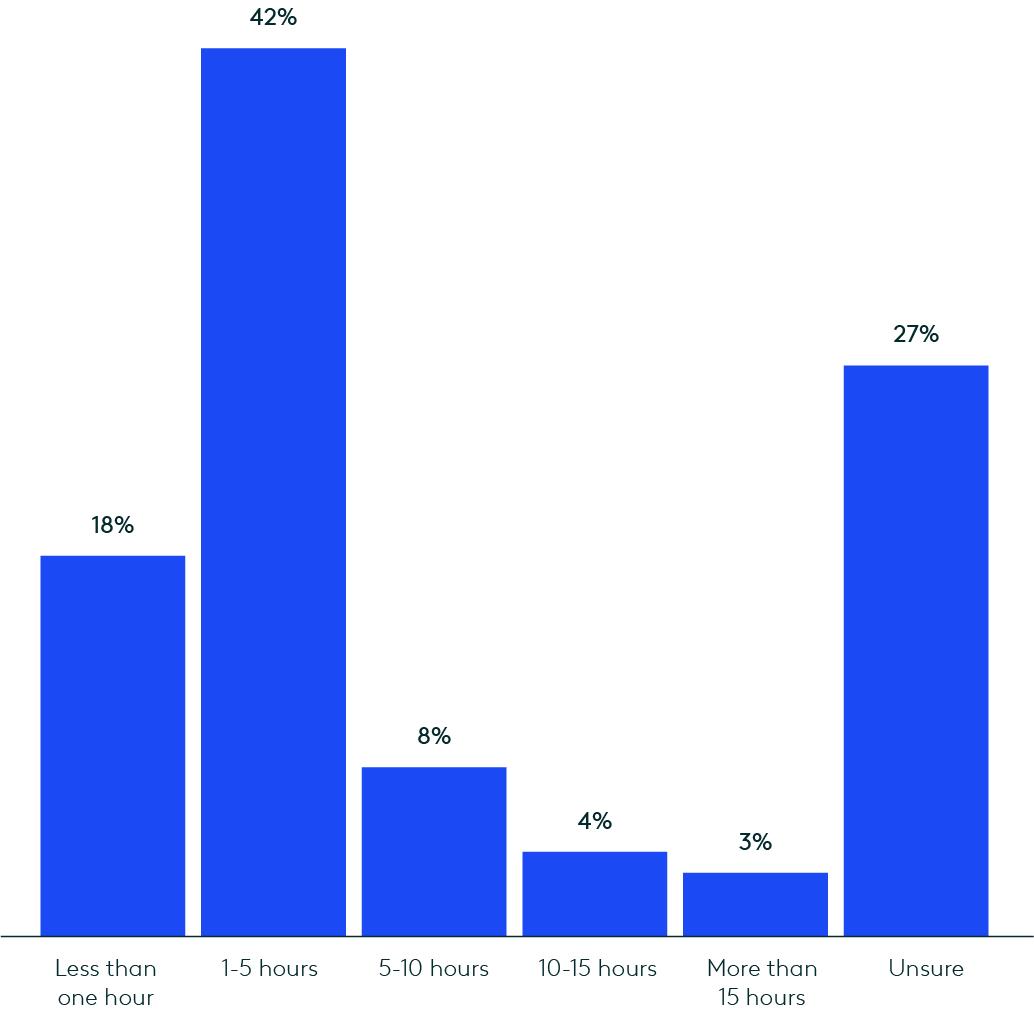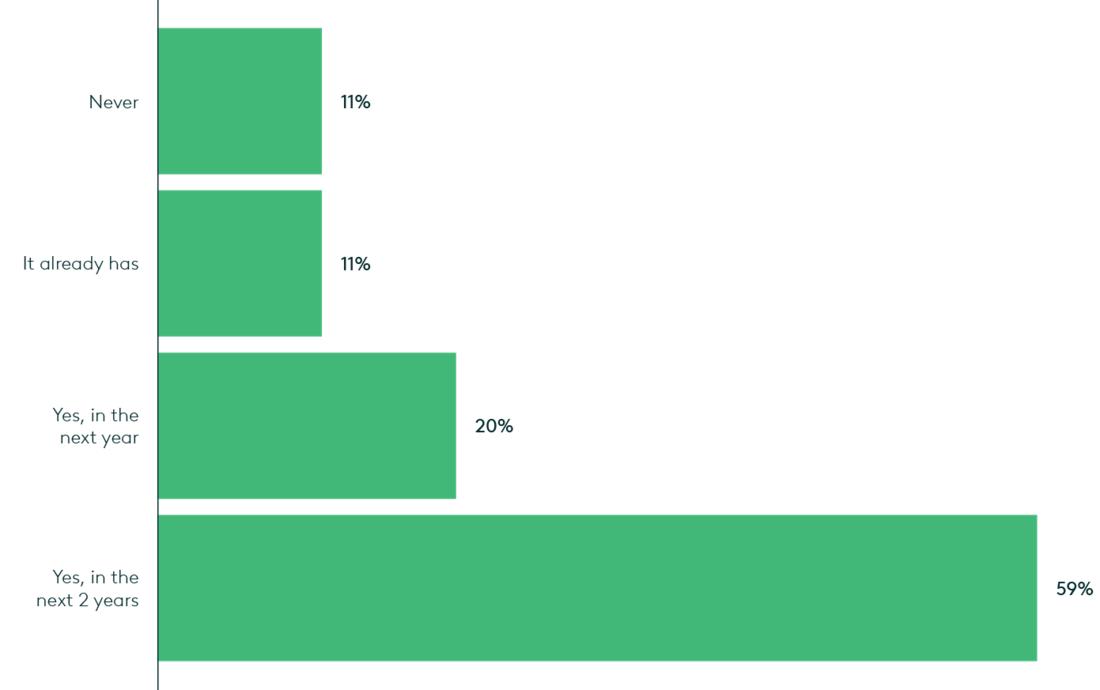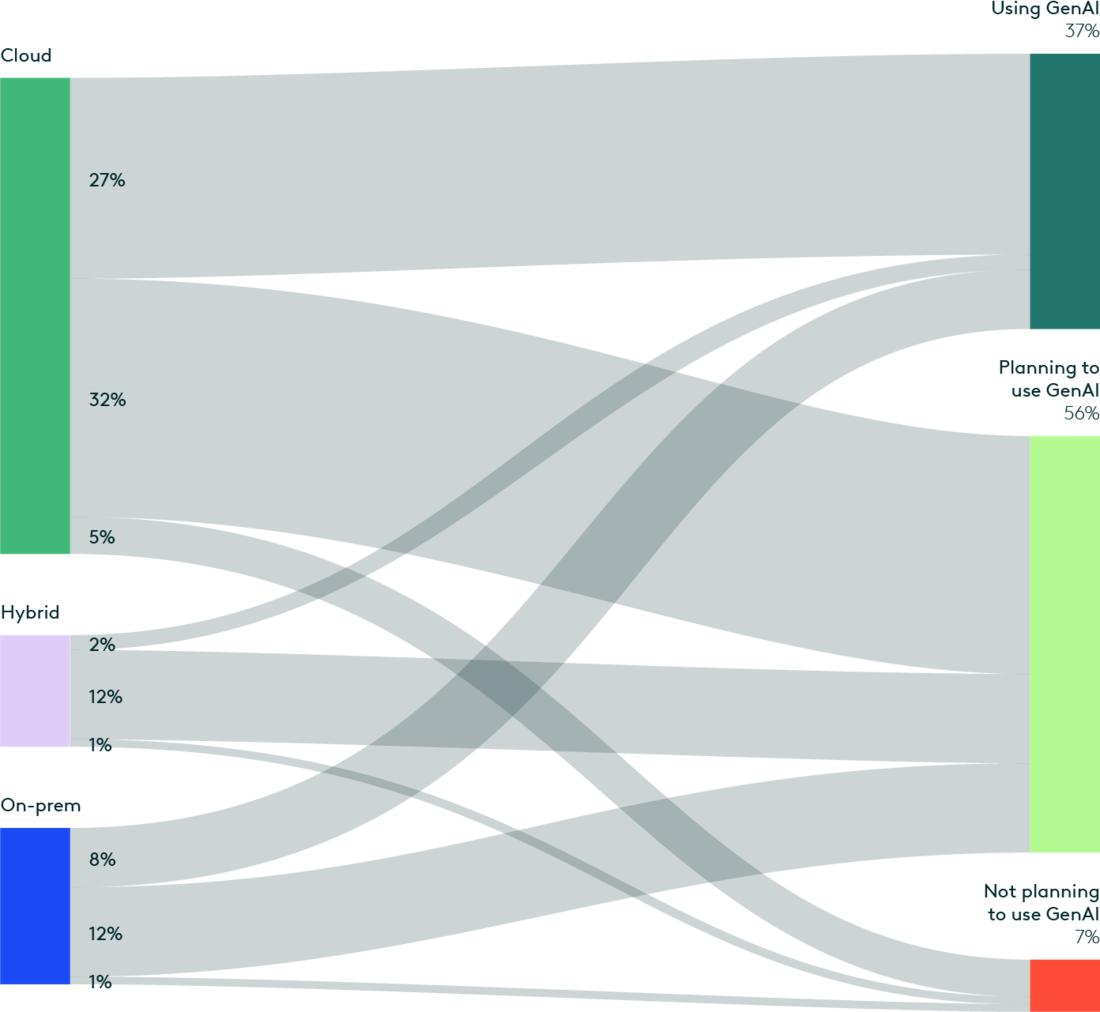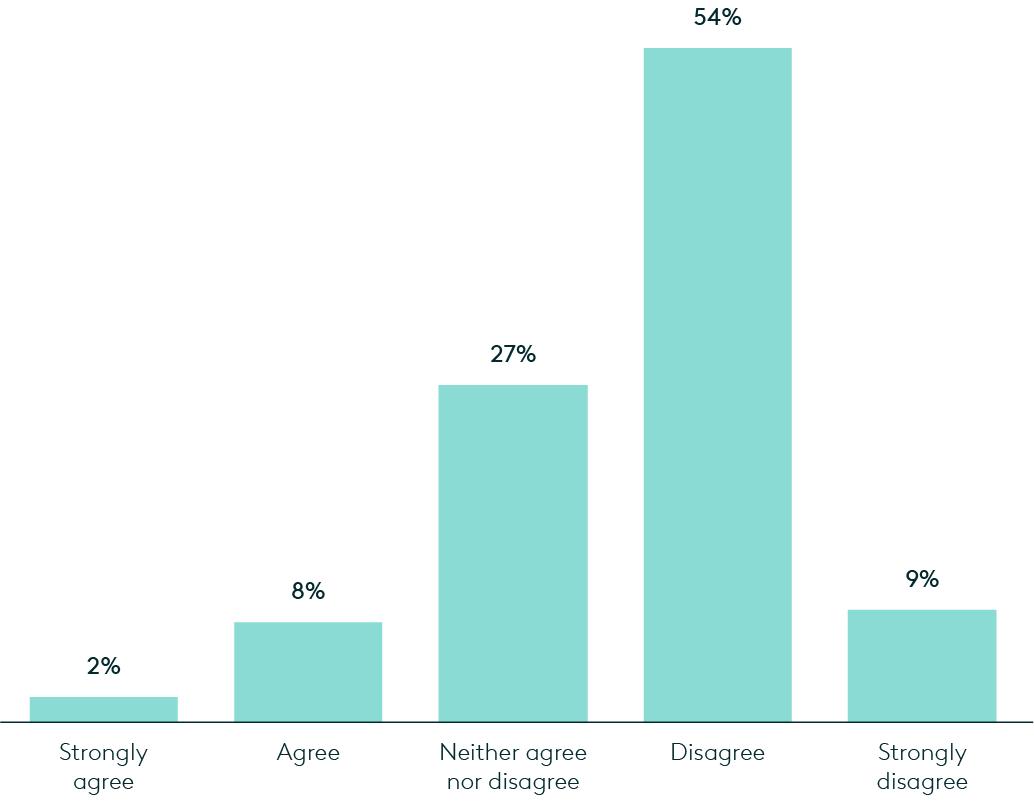Lawyers Report Saving up to 32.5 Working Days per Year with Generative AI
A New Report Uncovers How Legal Professionals Are Leveraging Generative AI to Save Time and Increase Productivity
by Justin Smith
Generative AI is no longer a future consideration for the legal profession – it’s a present force, already transforming how legal work is done, billed, and valued. Organizations are adopting the technology to reclaim time, improve efficiency, and gain a competitive edge, all in an effort to provide greater value to clients and focus on more strategic legal work.
The 2025 Ediscovery Innovation Report was created by Everlaw in conjunction with the Association of Certified E-Discovery Specialists and the International Legal Technology Association, and published today. Based on a survey of 299 legal professionals, the report digs deeper into how legal professionals are using generative AI in their work, and attempts to uncover whether this revolutionary technology is actually causing a revolution.
Based on the results, it’s clear that many legal teams are already using generative AI to handle tasks like research and document review at a pace much faster than was thought possible just one year ago. The time savings created by generative AI empower legal teams to focus more on complex problem-solving and proactive client strategies, redefining what's possible in modern practice.
Key Findings from the 2025 Ediscovery Innovation Survey Report
1. Generative AI Delivers Major Dividends for Legal Professionals
Legal professionals are leveraging generative AI to significantly boost their efficiency, with nearly half saving one to five hours each week. Over a year, those saving five hours per week using generative AI translates to 260 hours—or 32.5 full working days—reclaimed per person. For a large firm, these savings could collectively free up nearly 200,000 hours annually, a true game-changer for focusing on higher-value legal work.
These impressive figures align with the fact that generative AI simplifies routine tasks and enables legal professionals to focus on more impactful work. It’s already become a highly effective, day-to-day tool for legal professionals.

2. Optimism Grows as Generative AI Becomes Essential
The legal profession’s outlook of generative AI is increasingly positive, with over two-thirds of respondents expressing optimism around its use. They widely believe it will simplify tedious tasks, boost job efficiency, and enable them to deliver greater client value by focusing on higher-impact work.
Looking ahead, legal professionals view generative AI as essential to their future. A significant majority expect it to become standard in ediscovery technology within the next two years, underscoring its rapid integration into core legal workflows.

3. Generative AI Rewrites the Billable Hour
The billable hour, a long-standing cornerstone of legal practice, is now facing a significant challenge from generative AI. A remarkable 90% of respondents believe that generative AI has already altered conventional billing practices, or will within the next two years. This represents a monumental shift, poised to compel nearly every legal organization to rethink how they charge for their services.
If these predictions hold true, generative AI's restructuring of billing could leave many in the legal industry scrambling to adapt.

4. Cloud Adoption Defines Who Leads in AI Adoption
In the 2024 edition of the Ediscovery Innovation Report, a clear divide emerged around generative AI adoption, largely splitting those using cloud-based ediscovery software from those relying on on-prem solutions. While this gap has begun to shrink, cloud adopters undeniably remain the driving force behind generative AI's integration across the profession.
For example, legal teams with their ediscovery software deployed on the cloud are three times more likely to actively use generative AI in their work than those with their software deployed on-prem. Generative AI's growing presence in the legal field has underscored the strong connection between cloud adoption and forward-thinking technological organizations.

5. Lingering Uncertainty Remains Despite More Tangible Benefits
Even with significant strides being made in generative AI adoption, a striking majority of legal professionals still feel unprepared for its full impact. For the third year running, nearly two-thirds of respondents expressed this sentiment, despite a gradual improvement in preparedness over time. This persistent feeling of unreadiness highlights an ongoing need for focused education and practical guidance.


Justin Smith is a Senior Content Marketing Manager at Everlaw. He focuses on the ways AI is transforming the practice of law, the future of ediscovery, and how legal teams are adapting to a rapidly changing industry. See more articles from this author.
